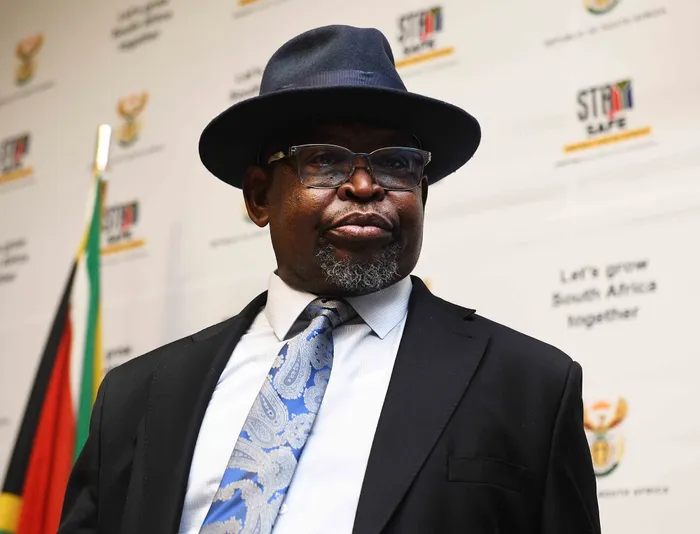South Africa's Finance Minister assures no austerity measures in new budget
Finance Minister Enoch Godongwane reassures South Africans that the newly tabled budget will not lead to austerity measures, focusing instead on expansion and social welfare

As Finance Minister Enoch Godongwana prepares to deliver the national budget on Wednesday, there is growing pressure
Image: Independent Newspapers
Finance Minister Enoch Godongwana has given a public assurance that the re-adjusted budget will not lead to austerity measures.
He stated that the budget is expansionary and will not affect the baseline allocation to different departments.
The minister tabled his budget again at the National Assembly on Wednesday. This was the third attempt to table the budget. The first budget speech was delayed due to unhappiness among parties in the Government of National Unity with a proposed VAT hike over two years.
The second budget was tabled; however, the processes followed to approve it and the inclusion of a VAT hike were questioned by the DA and EFF in court action. The government consented to a court order setting aside the fiscal framework, leading the process to start again.
Godongwana commented: “A national budget is not merely an accounting exercise measuring what we earn, what we spend, and what we borrow as a nation; it is a reflection of the difficult trade-offs needed to balance fiscal sustainability while simultaneously addressing developmental goals.
"It is unsurprising that the increase in value-added tax proposed on March 12 created so much debate—vital debate, but one that created uncertainty. The decision not to increase VAT reflects a willingness to listen to the South African public and the parties in Parliament.”
He noted that the budget being tabled reflects that “these past two months have provided valuable lessons on how we manage the budget going forward.”
However, he acknowledged that doing away with the VAT hike significantly diminished the government's capability to fund additional government programmes to the extent deemed necessary. Nevertheless, the budget being tabled continues to support key objectives.
“This is not an austerity budget; it's an expansionary budget; it is also a redistributive budget. It directs 61% of every Rand on non-interest expenditure towards the social wage. This is money that will be spent to fund free basic services like water, electricity, education, healthcare, and social grants for those in need. This budget invests over R1 trillion in infrastructure to lift the economic growth prospects, and this is done without compromising the strategy of sustainable public finances. What is being reduced is additional spending meant for provincial allocations not assigned to voted baseline allocations, which across all spheres remain unchanged,” said the minister.
Related Topics: